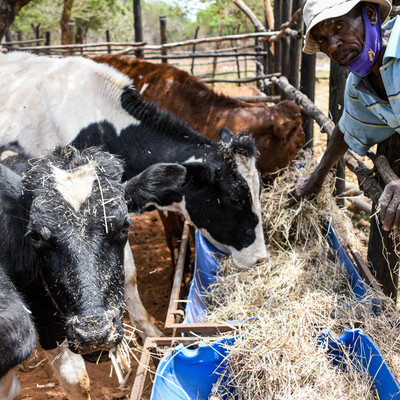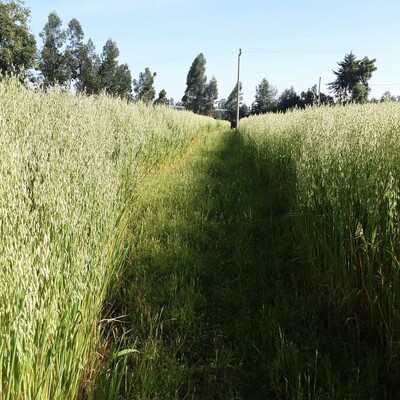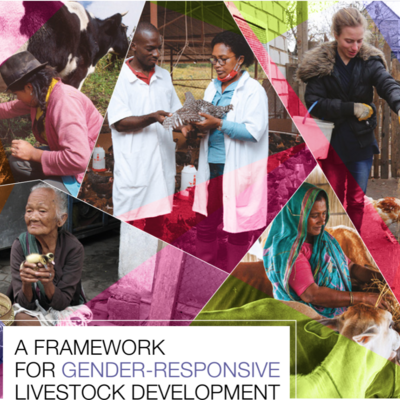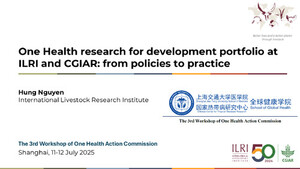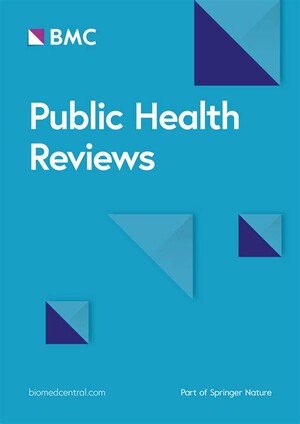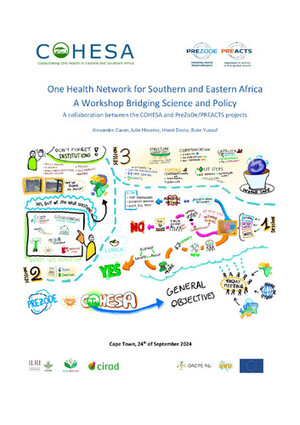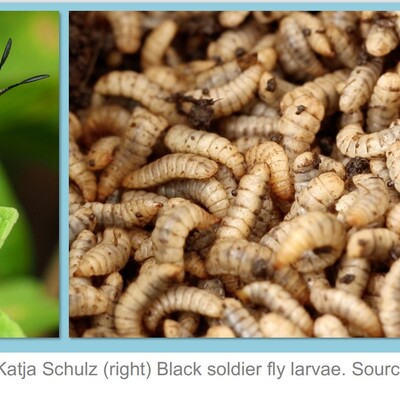

Rationalizing the agriculture produce cess and other market-related levies in Kenya
The government of Kenya is urgently called upon to swiftly develop a policy and legislation to rationalize the levels of cess, regulatory licenses and permits in the country’s agricultural sector. The current system imposes high and multiple charges, leading to increased costs for producers and traders, and ultimately, higher prices for consumers. This not only hurts the sector's growth but also its contribution to food security and livelihoods. An efficient and transparent system is needed.
These findings stem from a recent study conducted by the CGIAR Initiative on National Policies and Strategies in collaboration with the Agriculture Sector Network (ASNET), the umbrella body of the private sector in Kenya's agricultural sector. The study reviewed agricultural produce cess and other market-related levies in Kenya, and the results are among the key factors driving the call for policy reform.
The study findings reveal the absence of harmonized national and county government legislation, which has led to high, multiple charges and numerous collection points. The cess is levied based on the product's weight, packaging, or the carrying capacity of the transporting vehicle. Different counties use different units of measurement for levying fees, such as tonnage, package size, vehicle type, and number of trips. This results in branded vehicles incurring more levies when moving between counties, regardless of levies charged at the county of origin. Additionally, other assumed charges, like parking, branding, and advertisement costs, are also imposed, further complicating the taxation system.
The agricultural produce cess is a tax county governments impose on tradable commodities crossing county borders, while market cess or landing fees are imposed on farming inputs and commodities. The levies raise revenue for destination counties where crops are landed, processed, or sold. The original goal of collecting cess was to improve physical infrastructure and enhancing farm productivity; however, this remains elusive, as little evidence exists that the funds collected are reinvested in the agricultural sector.
This has prompted various stakeholders to advocate for urgent policy reforms. The government, as the primary regulator and enabler of the agricultural sector, can create an enabling environment that facilitates agricultural productivity, stimulates investment, and ensures food security for its citizens. By prioritizing transparency, accountability, and evidence-based decision-making in cess and other market levies policies, the government can significantly contribute to the growth and sustainability of the agricultural sector.
Read the full report here …
Photo credit: Aleksandar Todorovic / Shutterstock.
See here also the blog as reposted on the NPS microsite on CGIAR.org: https://www.cgiar.org/news-events/news/rationalizing-the-agriculture-produce-cess-and-other-market-related-levies-in-kenya/
You may also like
Related Publications

Uncertain times require new thinking for agri-food science to ensure food security and nutrition for all
- Fraser, E.D.G.
- Adeyemo, O.
- Amiot-Carlin, M.-J.
- Azam-Ali, S.
- Caron, P.
- Cole, M.
- Clapp, J.
- Duwayri, M.
- Echeverría, R.
- Elizondo, C.
- Elver, H.
- Lehman, B.
- Recine, E.
- Schönfeldt, H.C.
- Serraj, R.
- Suwa-Eisenmann, A.
- Tangermann, S.
- Webb, P.
- Wright, Iain A.

Options for a just transition for livestock under climate change
- Thornton, Philip K.
- Wollenberg, Eva Karoline
- Cramer, Laura K.
- Flintan, Fiona E.







